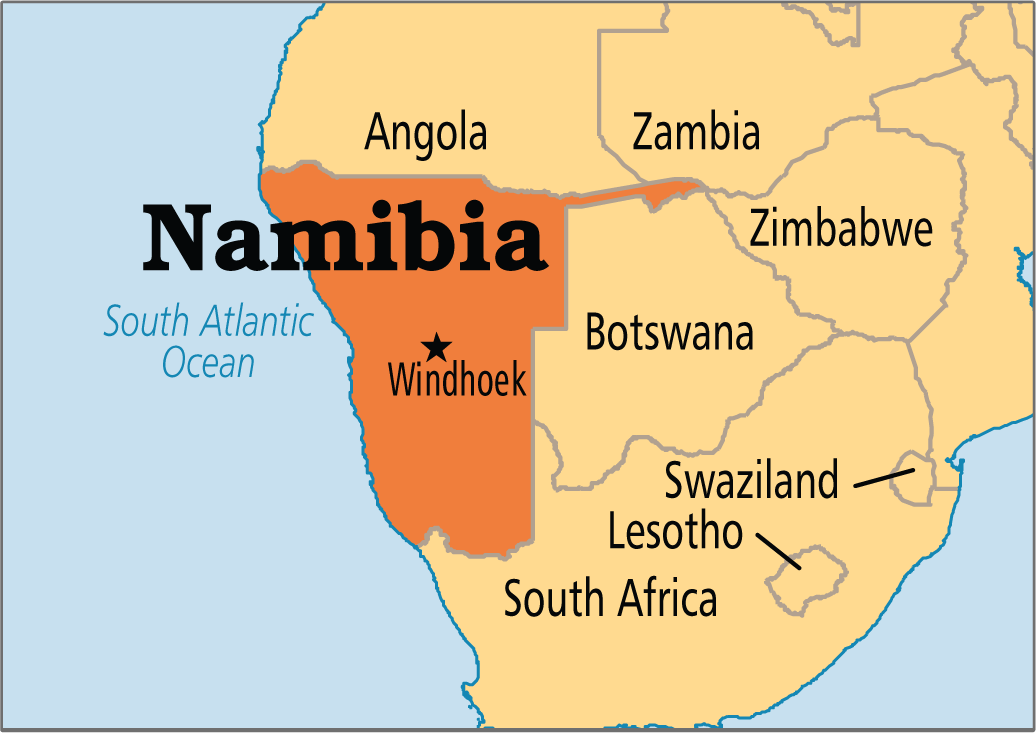According to Dr. Vanessa Ushie, who currently serves as the Acting Director of the African Natural Resource Management and Investment Center at the African Development Bank, Africa, and the global community are grappling with a nature crisis. Referring to the Africa Economic Outlook 2023 report from the African Development Bank while attending the 2023 United Nations Conference on Climate Change, Ushie pointed out that approximately 62% of Africa’s GDP is generated by natural resources, encompassing renewables and ecosystem services.
Africa is rich with abundant natural resources and has the potential to harness its wealth for sustainable development and prosperity. Effective resource control is essential to ensure that these riches contribute to the continent’s growth rather than perpetuate dependency cycles. Africa can take charge of its resources, and foster economic empowerment, environmental sustainability, and social development.
Strengthening Governance and Transparency:
One of the critical pillars for resource control is the establishment of transparent and accountable governance structures. African nations must adopt and enforce robust regulatory frameworks, ensuring that resource extraction and allocation processes are open, fair, and free from corruption. This includes the implementation of systems that promote transparency in revenue collection, allocation, and utilization.
Developing Local Capacity and Expertise:
According to the African Development Bank, many African countries may not achieve the Millennium Development Goals (MDGs). This is partly due to their weak human, institutional, and organizational capacities.
Investing in education and skills development is vital for fostering local expertise in resource management. Africa should prioritize the training of its workforce in fields such as geology, mining engineering, environmental science, and sustainable agriculture. By building a skilled and knowledgeable workforce, nations can reduce reliance on external expertise and maximize the benefits of resource utilization.
Promoting Inclusive Policies and Community Engagement:
Resource control should extend beyond national governments to encompass local communities. Developing inclusive policies that involve community members in decision-making processes ensures that the benefits of resource extraction are distributed equitably. It also helps prevent social unrest and conflicts often associated with resource-related activities.
To achieve the inclusion and developmental impacts in rural Africa, as well as for the sustainability of their environment, the United Nations report on Africa Renewal states that land tenure security is important.
Diversifying the Economy:
The United Nations Environment Programme (UNEP) reported that many African nations attribute approximately 30% to 50% of total wealth to natural capital. More than 70% of the population in sub-Saharan Africa relies on forests and woodlands for their means of living. The land holds significance not only as an economic development asset but also as a socio-cultural resource. Unfortunately, a substantial portion of these resources is utilized in an unsustainable manner, and some are lost due to illegal mining, unauthorized logging, wildlife trafficking, unregulated fishing, and environmental degradation.
Overreliance on a single resource can lead to economic vulnerability. African nations must diversify their economies by investing in other sectors such as agriculture, manufacturing, and technology. Diversification not only mitigates economic risks but also creates new opportunities for sustainable development.
Embracing Sustainable Practices:
Environmental sustainability is paramount for long-term resource control. African countries should adopt and enforce strict environmental regulations to ensure responsible resource extraction. The promotion of eco-friendly practices will protect ecosystems, preserve biodiversity, and guarantee the longevity of valuable resources.
Fostering Regional Collaboration:
Many resources span multiple borders, making regional collaboration crucial for effective resource control. African nations should engage in partnerships to develop joint strategies for resource management, sharing best practices, and optimizing the utilization of shared resources.
Investing in Infrastructure:
To enhance resource control, Africa must invest in infrastructure development. This includes building and maintaining roads, railways, ports, and energy facilities. Efficient infrastructure facilitates resource extraction and improves connectivity, encouraging economic growth in remote regions.
Leveraging Technology:
The adoption of cutting-edge technologies, such as artificial intelligence, blockchain, and remote sensing, can revolutionize resource control. Technological solutions can improve monitoring, data collection, and efficiency in resource management, reducing waste and enhancing productivity.
Negotiating Fair Trade Agreements:
African nations should enter into fair and equitable trade agreements with international partners. Negotiating contracts that prioritize the continent’s interests in terms of pricing, royalties, and technology transfer is essential for ensuring that external actors do not exploit Africa’s resources.
Establishing Sovereign Wealth Funds:
Sovereign Wealth Funds (SWFs) can play a crucial role in ensuring intergenerational equity and financial stability. African nations should establish and manage SWFs, using them as vehicles for prudent management of resource revenues, investment in diversified portfolios, and safeguarding wealth for future generations.
African leaders can lay the groundwork for sustainable development, economic empowerment, and improved living standards for their citizens through effective resource management. The continent can chart a course toward a brighter and more self-reliant future.


